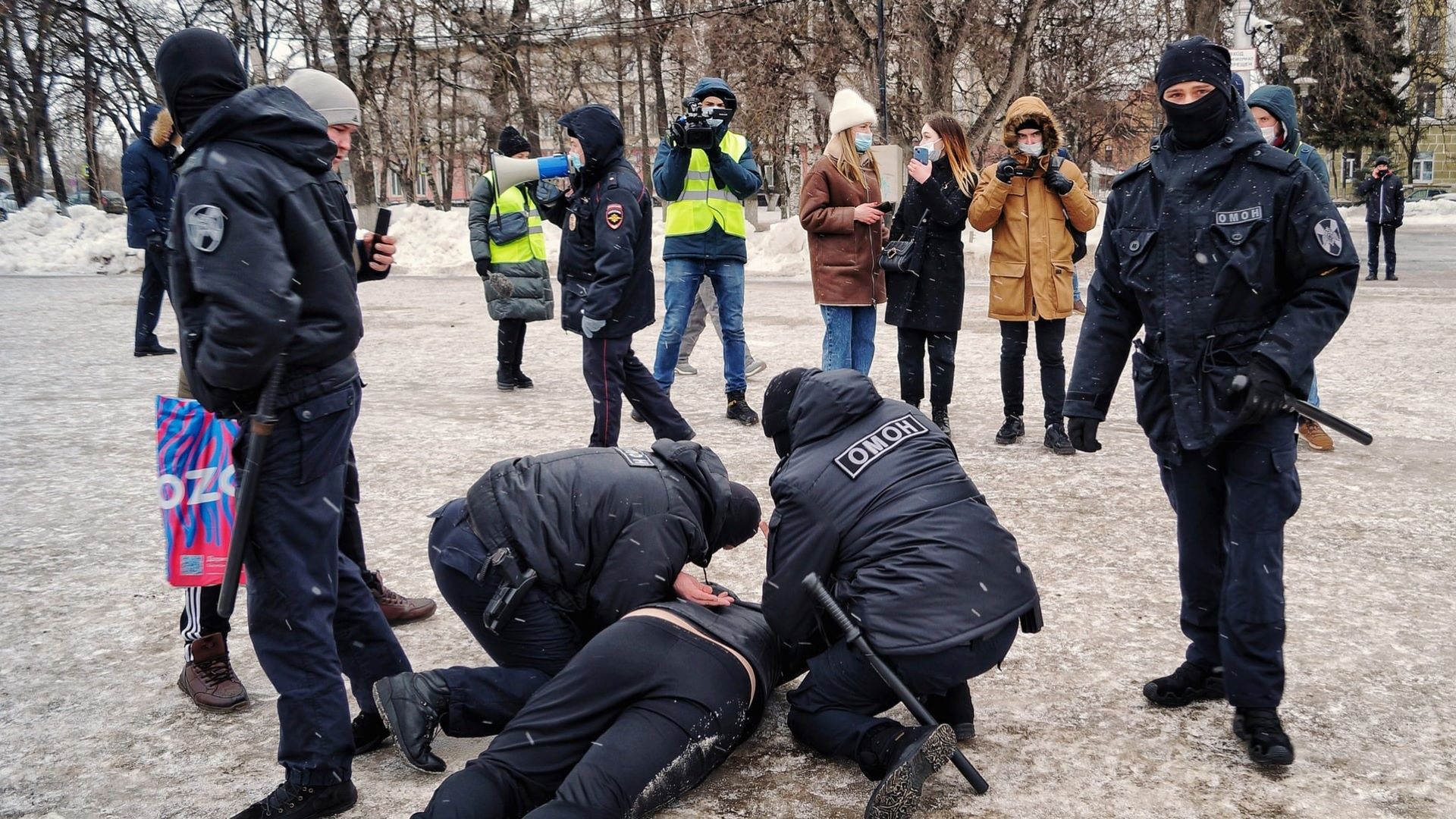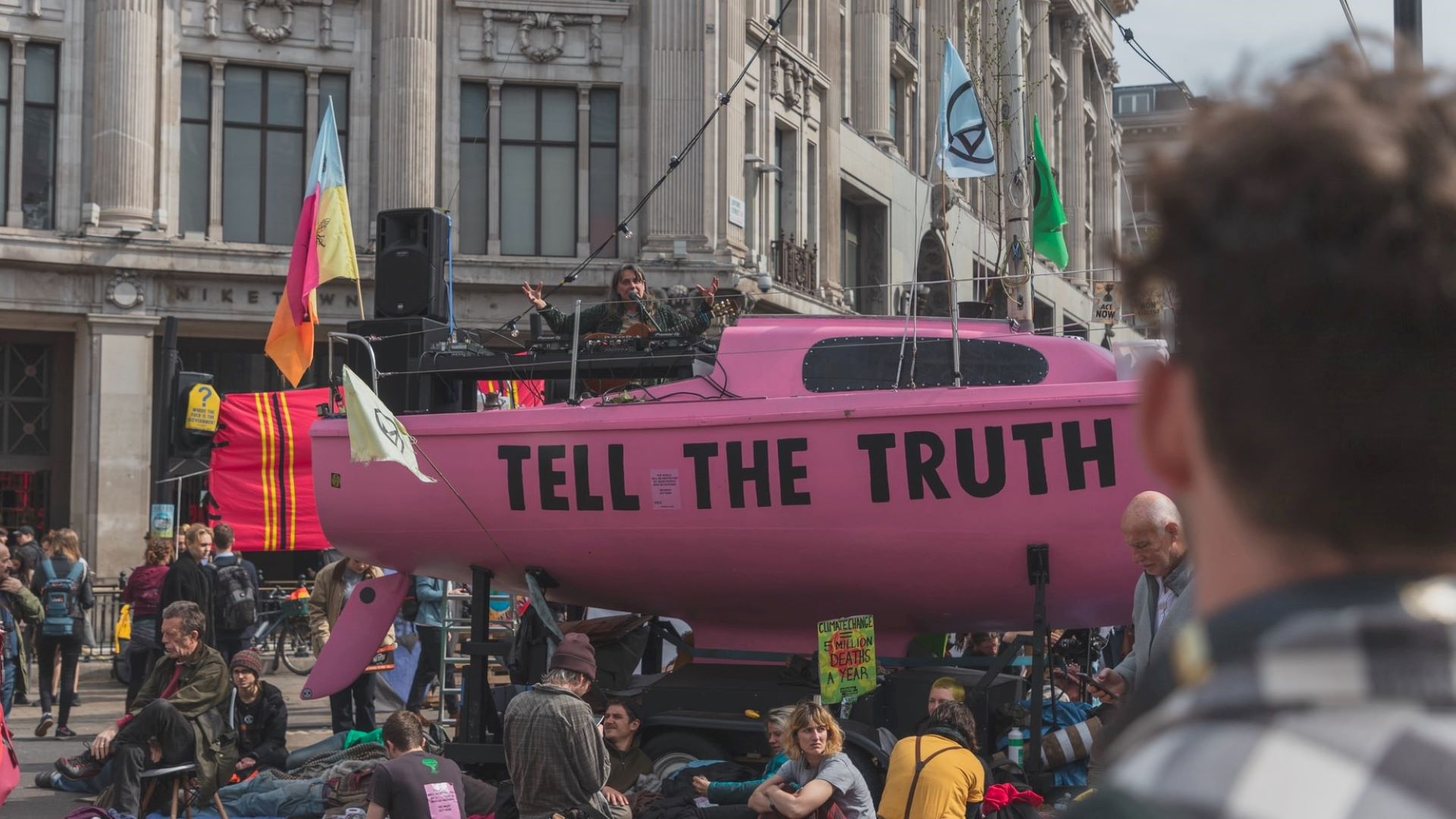The Internet helped bring to light all the nasty, disagreeable, twisted, and downright insane ways of thinking humans are capable of. Every nation’s legal system has its own toleration levels, of course, and the debate may never end on just how much should be allowed. The conversation changes when you bring in the matter of national security, though. Offending people is one thing. Helping to bring down your country is another.
The way we think about freedom of speech and expression in the age of globalization is indeed a matter of national security because terrorists, just like everyone else, have long been leveraging the Internet for their purposes. Regions all across the globe are grappling with the dilemma of adhering to the United Nations’ Universal Declaration of Human Rights while ensuring national security in the era of cyber terrorism and world wide interconnectedness.
The unpleasant side of free speech knows no international boundaries. Every place in the world offers a different take on where the line between mere unpleasant speech and hate mongering, security threats lies. Each corner of the globe has its problems with hateful speech, and each government places limits on freedom of expression to a different degree.
No matter how controversial or distasteful opinions may be, they’re allowed under the First Amendment in the United States. Right now we’re grappling with free speech on college campuses. How hateful can campus speech become before someone says, “enough!”? Our First Amendment culture is so strong that we often tolerate white fraternities who boast they’ll lynch a black person before allowing them entry into their clubs.
You only have to look at American history to understand why. Every major social change in our country has started with a small group of people exercising their First Amendment rights. Therefore, we protect those rights fiercely. Many argue that in this regard, we go far beyond any other country on earth. However, even the land of the free imposes limitations on the freedom of speech.
Those limits may fall under the guise of protecting our children (anti-bullying laws, or campus hatred speech limits), but they are limits, nevertheless. Or look at the Holder v. Humanitarian Law Project , where a restriction on political speech was deemed constitutional since it was a threat to national security.
In Europe, such hate speech enjoys far less toleration under the law. You only have to go back 80 years to understand why. It was Nazi propaganda, a form of hate speech, that turned their region inside out and started World War II, after all. Hitler used mass communications to spread his hatred and incite much of an entire generation to fight for his cause. So in the eyes of Europeans, yes hatred can (and did) turn into a matter of national security.
In France and Israel, they’ve outlawed the word “Nazi.” Without historical context, this sounds extreme, but that brings to light the complex nature of freedom of expression and globalization. The dark musings of individuals may know no international boundaries because of the Internet, but each country has its own speech culture. History plays an important role in how tolerant a nation and its people are.
Take China, for another example. History plays a huge role, but the policies that stem from history clash deeply with what today’s Chinese citizens find when they travel. The government tries to temper the disconnect by putting it all in relative terms. In a country where there’s a history of limiting social freedoms in general (one child policy, etc), the citizens are told they can thank their lucky stars that at least it’s not North Korea.
That’s actually what they were told by the state-run China Central Television (CCTV):
“Things that we consider trivial and normal like going online, sending emails, and downloading software on an iPad are considered ‘privileges’ in North Korea. ”
~CCTV, via Sina Weibo
The problem is people travel outside of China. Yes, China has come a long way in regards to freedom of expression, but compared to many other countries, they have a long way to go.
In South Korea, Cold War era legislation is still used today to limit expression against the state. Their National Security Law has increasingly been used to prosecute and punish citizens who merely involve themselves in discussions of relations with North Korea. While done in the name of protecting the state, these rules amount to is severe restrictions on freedom of speech.
A 2012 briefing by Amnesty International cites several cases where South Korea’s National Security Law is now being used to harass individuals and organizations who are well within the law in exercising their rights to free speech. For example, the government targeted people who criticized their investigation of people held in connection with the sinking of the Cheonan, a South Korean warship.
So we have a spectrum where national security butts heads with freedom of expression and valuing one can often involves tradeoffs for the other. In France and Israel, there are precisely legislated speech limits banning the word “Nazi.” In China and South Korea, there are more generalized restrictions that question the limits of the United Nations Declaration of Human Rights. So what’s the answer?
Freedom and security are values that will need to work together in a balanced partnership that benefits everyone. In the end, however, it’s security that provides the basis for freedom of speech, not the other way around.
This piece solely expresses the opinion of the author and not necessarily the organization as a whole. Students For Liberty is committed to facilitating a broad dialogue for liberty, representing a variety of opinions. If you’re a student interested in presenting your perspective on this blog, visit our guest submissions page.









